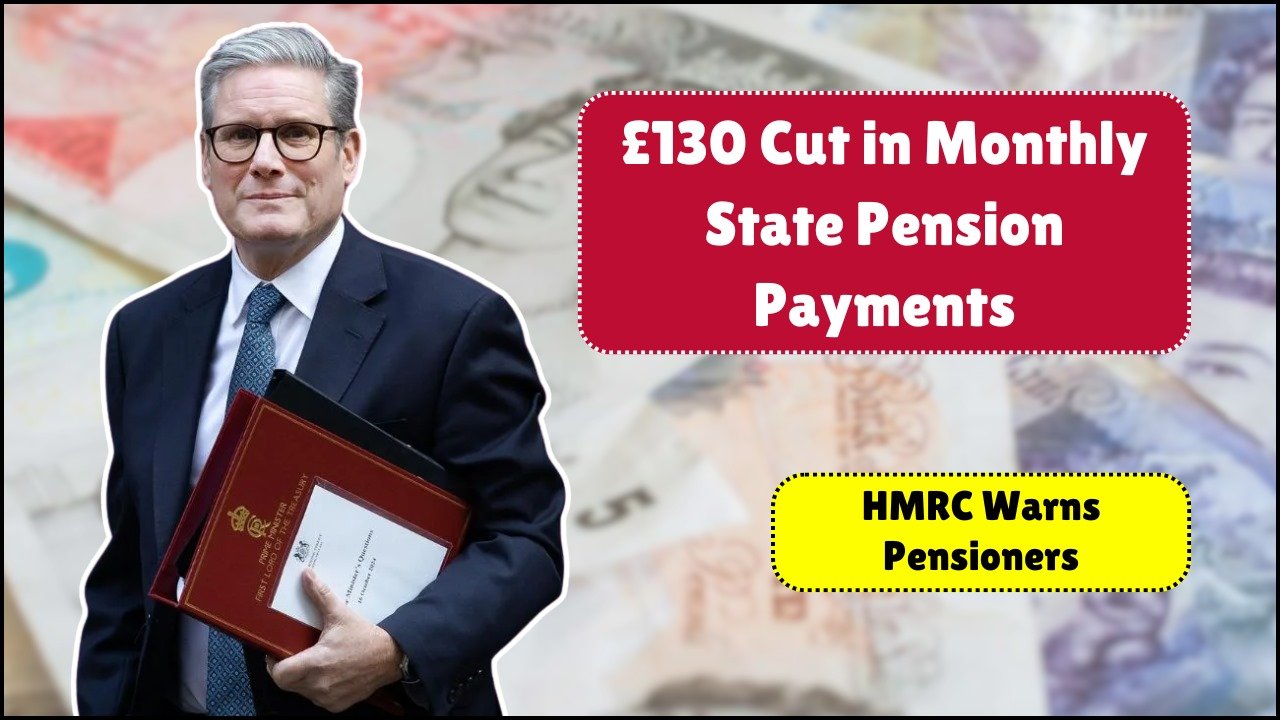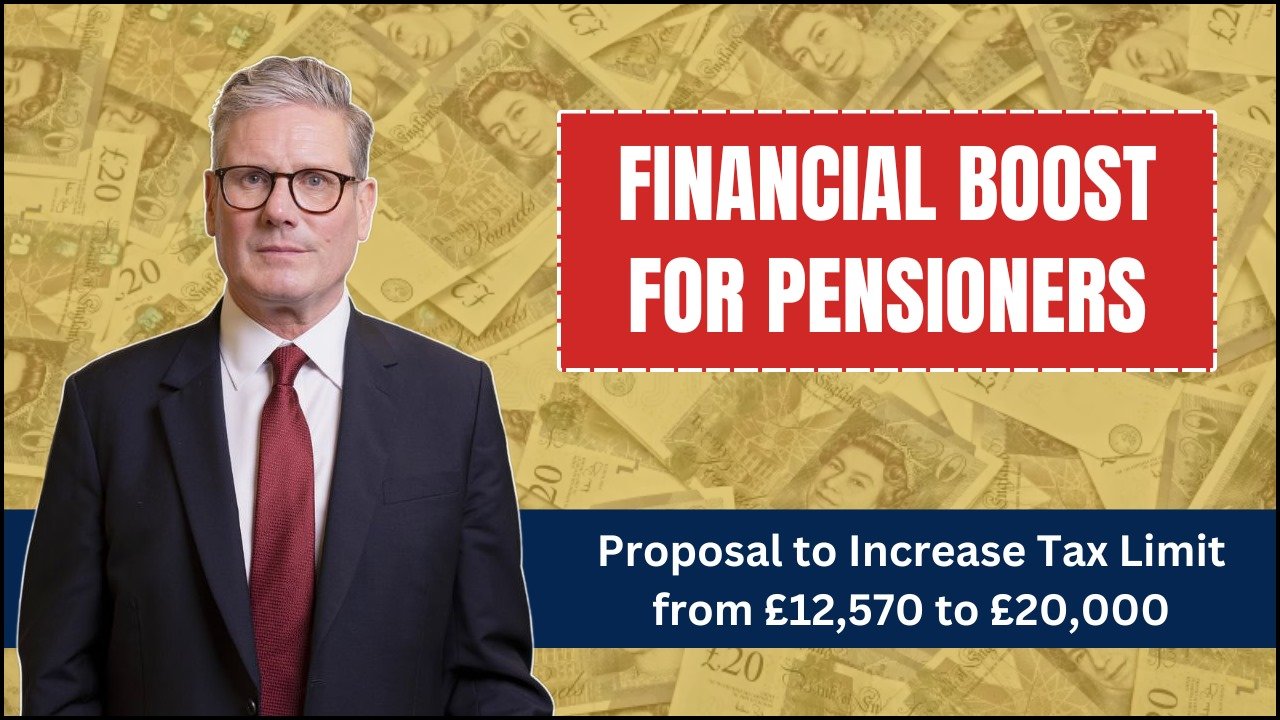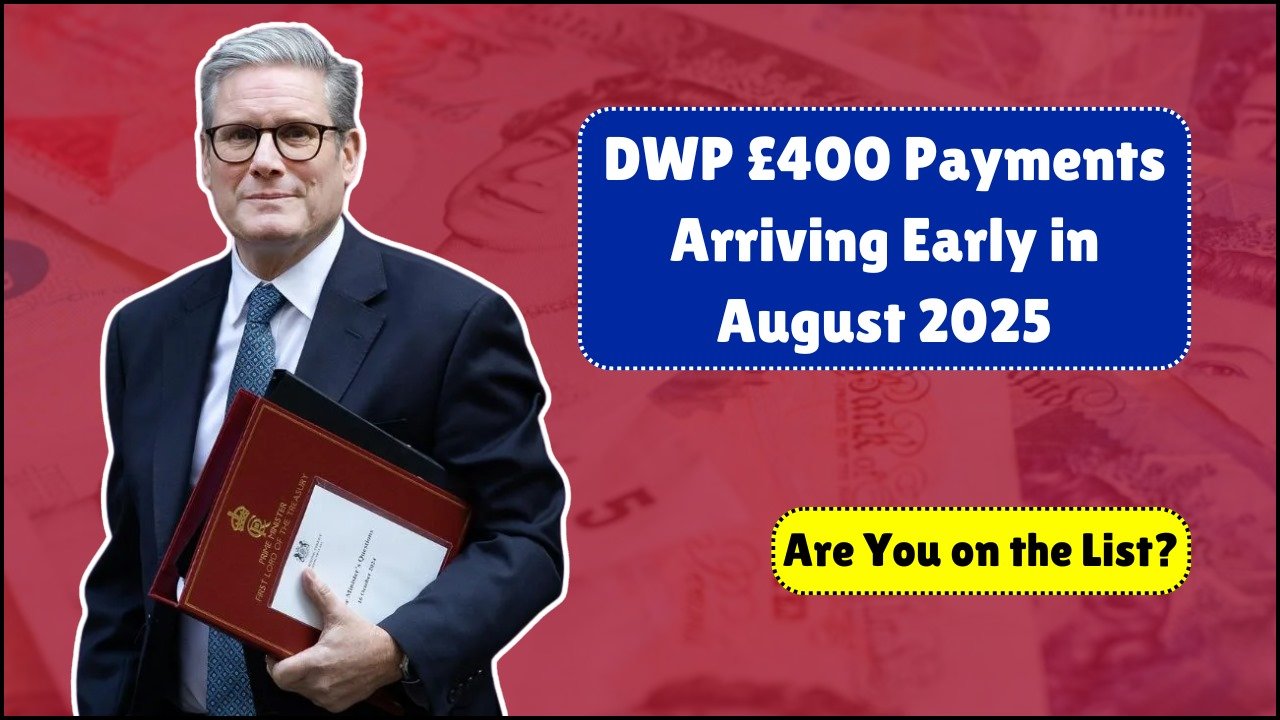A radical proposal to raise the UK’s Personal Allowance to £45,000 is gaining momentum in 2025, potentially reshaping the entire tax system for working individuals. Currently set at £12,570, this threshold determines the amount of income an individual can earn tax-free each year. However, campaigners, MPs, and economists argue that the current system is outdated, unfair, and failing to support ordinary earners in a time of rising inflation and economic strain.
The proposal to more than triple the Personal Allowance to £45,000 could mean millions of UK workers would stop paying income tax altogether—an unprecedented shift that would significantly increase disposable income and, proponents say, stimulate economic activity.
Table of Contents
Overview
| Key Factor | Details |
|---|---|
| Current Personal Allowance | £12,570 (as of 2025) |
| Proposed Allowance | £45,000 |
| Who Benefits Most | Low and middle-income earners |
| Estimated Government Cost | Over £100 billion annually |
| Main Benefit | No income tax for salaries under £45,000 |
| Main Obstacle | Fiscal sustainability and political feasibility |
What Is the Personal Allowance?
The Personal Allowance is the amount of income a UK resident can earn annually without paying income tax. As of 2025, the allowance remains frozen at £12,570. Once your income exceeds this threshold, you start paying tax based on the UK’s tiered income tax system.
UK Income Tax Bands (2025):
| Band | Tax Rate | Income Range |
|---|---|---|
| Personal Allowance | 0% | Up to £12,570 |
| Basic Rate | 20% | £12,571 – £50,270 |
| Higher Rate | 40% | £50,271 – £125,140 |
| Additional Rate | 45% | Over £125,140 |
Under the current system, even those with modest earnings begin paying tax shortly after earning £12,570, which critics argue penalizes the average worker.
What Would Change With a £45,000 Personal Allowance?
If implemented, the £45,000 proposal would eliminate income tax for anyone earning under that amount. For those earning more, the first £45,000 of their salary would still be tax-free, significantly reducing their overall tax liability.
Key Benefits of the Proposal:
- Full income tax exemption for workers earning less than £45,000
- Lower effective tax rates for all income groups
- Higher disposable income for working families
- Reduced need for in-work benefits or government support
- Potential economic boost through increased consumer spending
Even higher earners would benefit from an increased tax-free portion of income—by £32,430 compared to the current allowance.
Potential Challenges
While the benefits are clear for most workers, the proposal faces significant hurdles. The cost to the Treasury is enormous, and opponents argue that:
- It could lead to cuts in public services like the NHS or education
- It may disproportionately benefit higher earners, increasing inequality
- It creates long-term budgetary risks, especially during economic downturns
Balancing fairness with fiscal responsibility is at the heart of this debate, and any decision would likely require a combination of tax reforms and spending realignments.
A Heated National Debate
Whether or not the £45,000 Personal Allowance becomes a reality, its very proposal has ignited a broader discussion about the purpose and fairness of income tax in the UK. As inflation and stagnating wages hit working households hard, calls to shift tax burdens and protect earnings are only growing louder.
This isn’t just about numbers—it’s about how we value work, support families, and structure society.
FAQs
Q1:- What is the Personal Allowance in 2025?
A = It is £12,570—the amount you can earn before paying any income tax.
Q2:- What does the £45,000 proposal mean for workers?
A = It would allow all workers to earn up to £45,000 tax-free, massively boosting take-home pay.
Q3:- Will this reform definitely happen in 2025?
A = No, it’s still under discussion and would require major policy changes and legislative approval.






